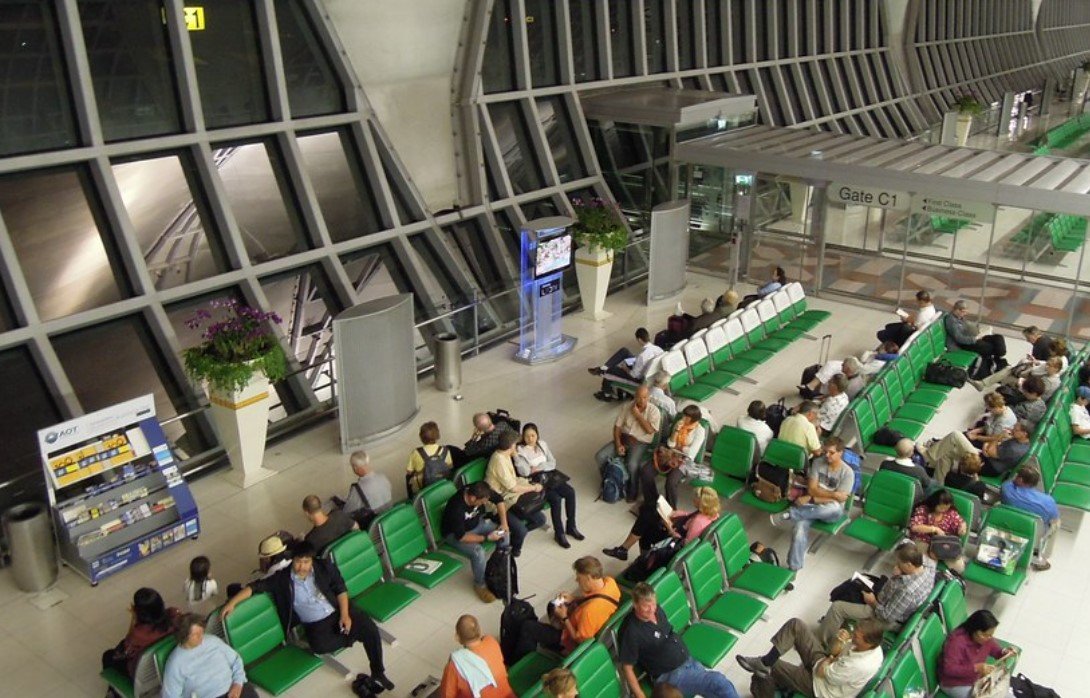In a strategic move to enhance tourism spending within its borders, Thailand has announced the closure of inbound duty-free shops at its airports. This decision is set to redirect spending to local businesses and attractions, aiming to provide a significant boost to the national economy.
The Thai government has taken a decisive step by planning to shut down duty-free shops in the arrival areas of eight major airports. This includes the bustling hubs of Suvarnabhumi and Don Mueang in Bangkok, as well as key regional airports. The move is expected to increase foreign visitors’ spending by an average of 570 baht per person, per trip.
This initiative is part of a broader effort to encourage tourists to spend their money on a wider range of services and products throughout the country. By closing these shops, the government anticipates a notable rise in expenditure on local goods, benefiting small businesses and the economy at large.

Enhancing the Traveler’s Experience
The closure of duty-free shops is not just about boosting local spending; it’s also about enriching the traveler’s experience. Tourists will now have more reasons to explore Thailand beyond the airport, engaging with the culture, cuisine, and commerce that the country has to offer.
The decision aligns with Thailand’s vision to present itself as a diverse and vibrant destination. It encourages visitors to immerse themselves in the local environment, creating more meaningful and memorable travel experiences.
Preparing for a Tourism Renaissance
As the world emerges from the shadows of the pandemic, Thailand is positioning itself for a tourism renaissance. The closure of duty-free shops is a forward-thinking measure that reflects confidence in the country’s appeal as a top travel destination.
With this change, Thailand is set to welcome a new era of tourism that focuses on sustainable growth and the prosperity of its people. It’s a bold step towards a future where the benefits of tourism are more evenly distributed across the nation.
















